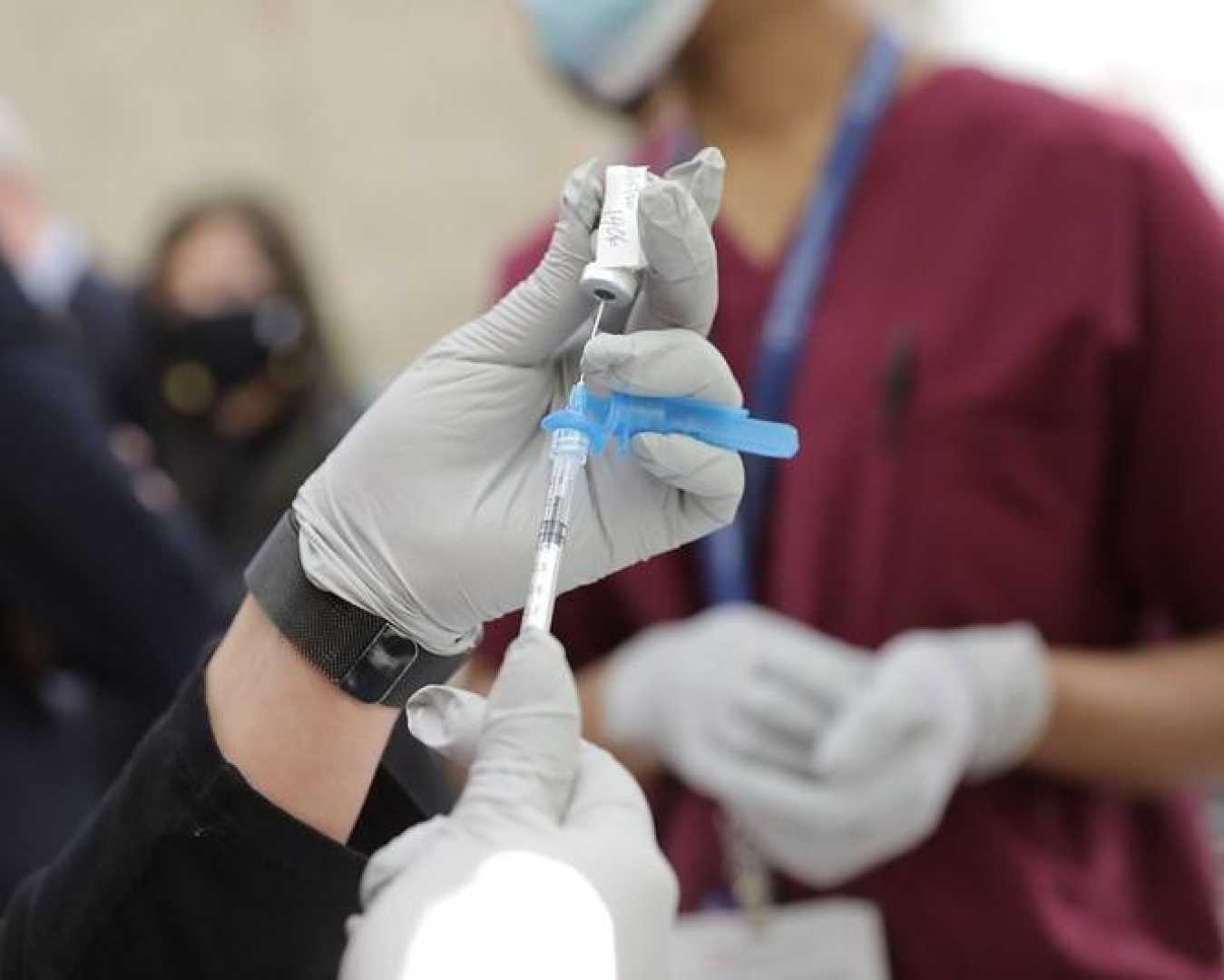Health
FDA Vaccine Official Resigns Amid Concerns Over mRNA Research Cuts

WASHINGTON, D.C. — Dr. Peter Marks, the director of the Center for Biologics Evaluation and Research at the U.S. Food and Drug Administration (FDA), has resigned amid growing concerns about the future of mRNA research funding, the Wall Street Journal reported on March 29, 2024.
Marks’ departure follows alarming developments at the National Institutes of Health (NIH), where public health experts fear a systematic undermining of mRNA technology, a key factor in the rapid development of COVID-19 vaccines. The NIH has reportedly initiated a data call to evaluate the funding of grants related to mRNA technology, prompting fears of cuts to critical research efforts.
“Colleagues have also been advised not to apply for mRNA vaccine grants. This is all through the grapevine,” one New York-based scientist—the identity of whom has been withheld for safety—told the Guardian. “There has not been an official statement about it.”
Messenger RNA (mRNA) technology assists the immune system in combating infections by replicating the coronavirus’s spike proteins. It is also being tested for potential use against various diseases, including cancer and influenza. Although the NIH has not publicly declared intentions to defund mRNA research, scientists believe these keyword searches on funding may signify a shift in their priorities.
The NIH confirmed it conducted a “data call” for mRNA grants but did not indicate future actions regarding this research area. This data call, executed by acting NIH director Matthew Memoli, required scientists to submit funding information within a day for 130 mRNA research projects.
Many researchers worry that the administration is using misinformation and conspiracy theories regarding the COVID-19 vaccine to justify cuts in mRNA research, which has been viewed negatively by certain factions of the current administration. One former senior NIH official described the situation as “not understandable,” claiming that attempts to reason within the agency have “fallen on deaf ears.”
Adding fuel to the fire is the Biden administration’s decision in February to withdraw funding for a partnership between the Department of Health and Human Services (HHS) and Moderna aimed at research into mRNA vaccines for various flu subtypes, including H5N1.
Paul Offit, director of the Vaccine Education Center and an attending physician at the Children’s Hospital of Philadelphia, noted that he has seen researchers having their mRNA grants flagged, indicating a potential decline in funding outcomes. “There seems to be a war against mRNA technology. ‘Why?’ is the question,” he remarked.
Experts attribute this situation to the politicization of the pandemic, which has led to significant misinformation about COVID-19 vaccines. “Prior to the pandemic, even anti-vaccine groups were not focused on mRNA vaccines,” stated Dorit Rubinstein Reiss, a vaccine law expert at the University of California College of Law.
Robert F. Kennedy Jr., recently appointed as head of HHS, has been a prominent critic of mRNA vaccines, previously suggesting that the risks associated with them outweigh potential benefits. Studies, however, have shown that COVID-19 vaccines saved millions of lives and prevented millions of hospitalizations since their rollout, thereby countering Kennedy’s claims.
Concerns from health professionals extend to the FDA’s current leadership, which has seen other appointment changes under the Biden administration. Dr. Jay Bhattacharya and Martin Makary, who have expressed skepticism regarding COVID-19 strategies, have recently taken key positions, drawing criticism for promoting views that align closely with anti-vaccine sentiment.
One former official from the FDA expressed optimism about Marks serving as a “guardrail” against politicization in the drug approval process. Despite the current turmoil, the FDA maintains that it continues to evaluate mRNA products based on scientific evidence.
In a statement, the FDA reiterated its dedication to a science-based approach, emphasizing that the decision to vaccinate remains a personal one. As the controversy surrounding mRNA tech intensifies, the uncertainty leaves researchers anxious about the future of funding for vaccines and therapies vital to public health.
“I don’t know when the shoe is going to drop. As a vaccine researcher, we are all extremely nervous about what can happen to research funding. It is a freaking nightmare,” the New York scientist added, reflecting the deep apprehension surrounding the future of mRNA research.












